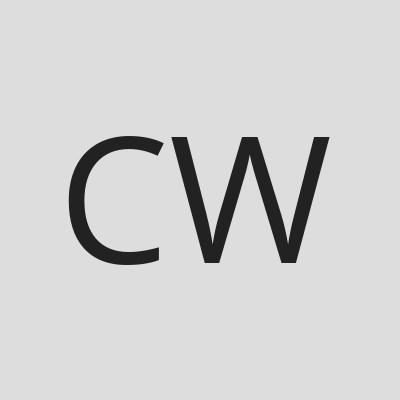
About this Event
Description
PLEASE NOTE: The fee for this workshop includes a lab kit that will contain an FPGA Development Board, which you will be able to take with you.
The goal of this hands-on workshop is to discover the programming of FPGAs for real-time audio Digital Signal Processing (DSP) applications. It focuses in particular on the toolchain: the first open-source audio DSP compiler targeting FPGAs using the .
Field-Programmable Gate Arrays (FPGAs) provide unparalleled audio latency and computational power. This makes them a better fit for real-time audio processing than traditional CPUs for many applications.
These embedded platforms can easily handle audio DSP programs with hundreds of channels while guaranteeing very low latency. This allows for the design of systems with unmatched performances and unique features for spatial audio, noise cancelling or active control of room acoustics. For example, the combination of a large number of microphones and speakers with ultra-low latency could allow us to actively modify the acoustical properties of rehearsal spaces, concert halls, etc.
However, programming FPGAs is very complex and out of reach to non-specialized engineers as well as to most people in the audio community. That's where Faust comes to the rescue!
Faust is a functional programming language for sound synthesis and audio processing with a strong focus on the design of synthesizers, musical instruments, audio effects, etc.
Programming FPGAs with Faust will allow us to explore the power of this platform while leveraging an accessible programming language that's widely used within the audio community.
Using a Zybo ARM/FPGA SoC Development Board which will be provided as part of a lab kit, you will learn how to easily program your own Faust audio signal processing applications on an embedded FPGA board.
Covered topics
During this course, as an introduction to FPGAs, we will first describe in details the ins and outs of this platform: how they work, their general purpose, and why they are a great fit for audio hardware and software development.
We will go trough the understanding of FPGA design flow by programming some basic VHDL functions and integrate them to the block design with .
Then, we will dive into audio development on FPGAs using Syfala to compile our first baremetal audio programs from regular Faust DSP code, and generate a graphical user interface (GUI) to control it in real-time. This will go through an in-depth analysis of the High Level Synthesis (HLS) tools with Vitis HLS.
Finally, we will demonstrate how to build and use a custom-made embedded Linux distribution directly on the board. This will allow us to use more advanced control protocols such as MIDI, Open Sound Control (OSC), HTTPD, etc.
By the end of the workshop, you should have a good understanding of the possibilities that such a platform affords in the context of real-time audio processing.
About the Instructors
Maxime Popoff -- Computer Science and Embedded Systems PhD Student, Emeraude Team -- INSA Lyon (France)
Pierre Cochard -- Research engineer, Emeraude Team -- Inria Lyon (France)
Feel free to contact us for any additional information!
Requirements
This workshop is intended for engineers, computer scientists, musicians, makers, etc. Previous background in computer programming and sound synthesis/processing is preferred. No previous background in FPGA programming is needed.
Hardware
Participants must bring their own laptop. The following elements will be included in the lab kit:
- Digilent Zybo Z7-10 ARM/FPGA SoC Development Board
- External 5V 2.5A+ power source
- Micro USB-USB cable
- 4GB micro SD card
Software
During the workshop, we will extensively use the AMD-Xilinx 2022.2 toolchain. If you have a debian-based operating system (Ubuntu, Linux Mint...) already installed on your machine, feel free to install the toolchain by yourself prior to the workshop, following the instructions provided here.
For any other Linux distributions, but also macOS (x86), a container-image can be provided, it will require the installation of one of these two softwares:
- podman (multi-platform, installation instructions are available here)
- docker (multi-platform, installation instructions are available here)
Unfortunately, Syfala containers are at the moment not working on ARM-based macOS systems, and have not been tested on Windows.
Resources

Event Venue & Nearby Stays
The Knoll, 660 Lomita Court, Stanford, United States
USD 850.00
